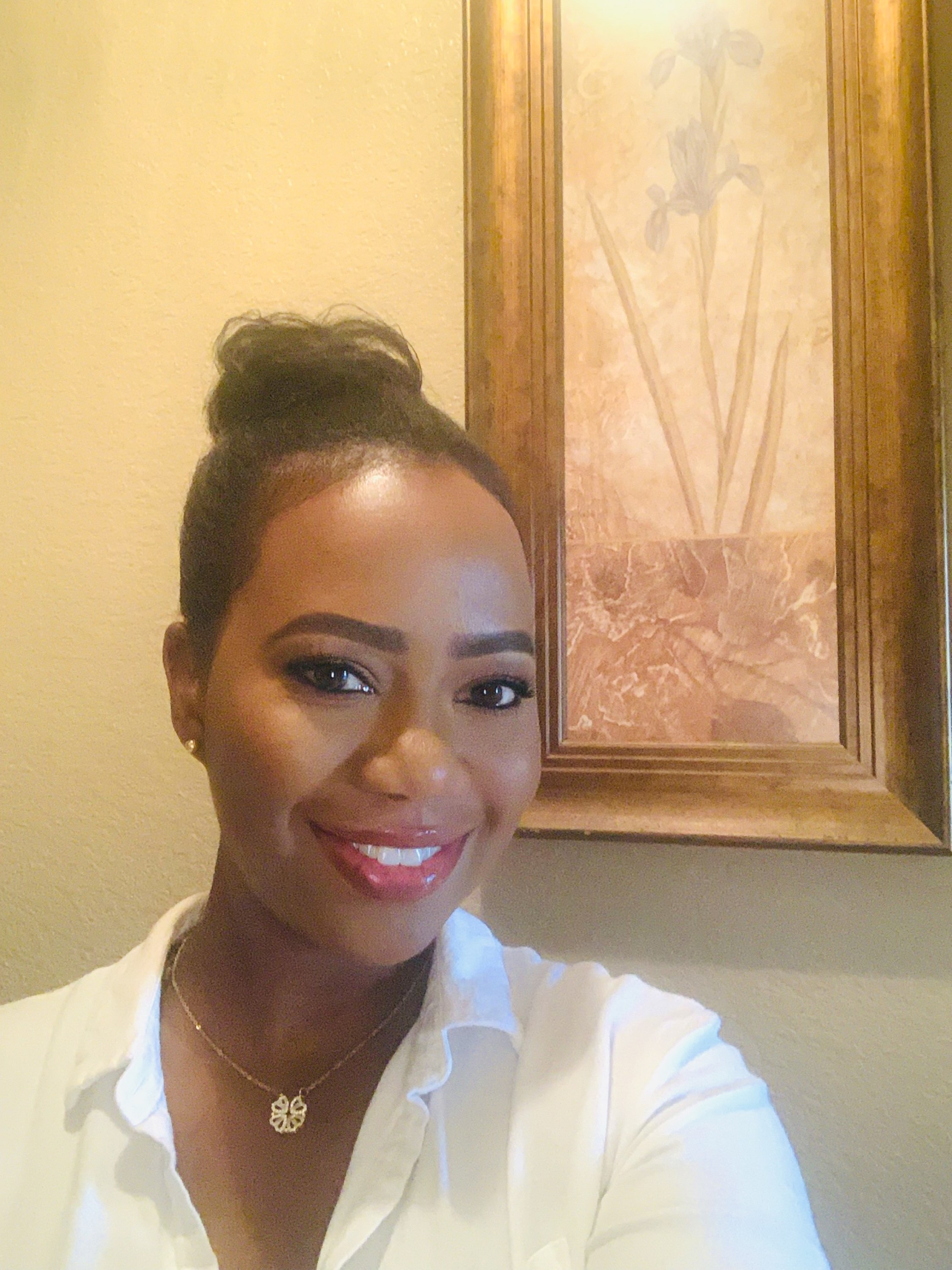3 hours ago5 min read



Updated: Dec 11, 2025

Growing up, life skills weren’t necessarily taught in a clear, intentional way. Looking back, I don’t think my mom really had the time, she was raising four girls and working a full-time job. Don’t get me wrong, she taught us plenty of things about responsibility and resilience, but not necessarily how to be financially independent or how to communicate effectively.
It wasn’t until I joined the military that I started to see just how important these skills really were. Suddenly, I was in environments where adaptability, emotional intelligence, and clear communication weren’t just “nice to have,” they were survival tools. That experience made me realize that personal growth isn’t just about setting goals or chasing dreams; it’s about building practical life skills that support you through every season of life.
I believe as women, we carry so much on our shoulders: family, careers, relationships, and the quiet weight of expectations. Having these life skills doesn’t just help us survive all of that, it helps us thrive in the middle of it. They remind us that while the world may demand a lot from us, we still have the ability to shape how we show up, protect our peace, and grow into the women we’re becoming.
These important life skills aren’t just about “adulting.” They’re about building a stronger connection with yourself, improving your relationships, and creating a life that feels balanced and intentional.
Being able to recognize, understand, and manage your emotions is one of the most valuable life skills you can develop. Emotional intelligence (EQ) isn’t about being “sensitive,” it’s about noticing how your emotions influence your decisions, your relationships, and your energy.
It helps you respond thoughtfully instead of reacting impulsively.
You gain more control in stressful situations.
You strengthen communication in both personal and professional relationships.
Try this: Start with daily self-check-ins. Ask yourself: What am I feeling right now? Where is this coming from?
The more you practice, the easier it becomes to name your emotions instead of being controlled by them.
Emotional intelligence also helps you understand others more deeply. When you can recognize someone else’s emotions, even when they’re unspoken—you build empathy and create stronger, more meaningful connections.
Good communication is more than speaking clearly, it’s listening actively, expressing yourself with confidence, and setting boundaries with grace. It’s the bridge between what you feel inside and how others actually understand you.
Misunderstandings shrink.
Relationships become healthier and more respectful.
You learn to advocate for yourself without guilt.
Try this: Use “I statements” instead of “You statements.”For example, I feel overlooked when my ideas aren’t acknowledged is more productive than You never listen to me.
Communication is also about timing. Waiting until emotions settle before addressing an issue can make all the difference. The goal isn’t to win the conversation—it’s to be heard, understood, and respected.
Related Read: How to Prioritize Yourself Without Feeling Guilty.
Life rarely goes as planned, and adaptability is what keeps you moving instead of stuck in resistance. Being adaptable doesn’t mean abandoning your values; it means staying grounded while remaining open to new paths, ideas, and opportunities.
You recover more quickly from setbacks.
Stress levels drop because you stop clinging to control.
You discover possibilities you might have overlooked.
Try this: Reframe challenges as invitations.Instead of asking Why me? shift to What can I learn here?
Adaptability also means being flexible with your identity. Who you were five years ago may not match who you are today, and that’s okay. Growth often requires releasing old versions of yourself so the new one can emerge.

Money may not buy happiness, but it does buy options, peace of mind, and freedom. Understanding how to manage, save, and grow your finances is a core life skill for long-term personal growth. When you feel more in control of your money, you often feel more in control of your life as a whole.
You reduce stress tied to financial uncertainty.
You build independence and confidence.
You make choices from alignment, not survival mode.
Try this: Start small, track your spending for one week.
Awareness is the first step toward change.
Financial literacy isn’t about chasing wealth. It’s about building stability that supports your dreams. Whether it’s saving for experiences, building a safety net, or planning for retirement, money becomes a tool for freedom—not fear.
Related Read: Warning Signs of Burnout.
Self-management is the art of knowing what truly matters and making choices that reflect that. It’s not about doing it all, it’s about knowing what deserves your “yes” and what needs a firm “no.” It’s learning to lead yourself with the same respect and intention you’d give someone you deeply care about.
You protect your mental health.
Burnout becomes less likely.
You create space for things that bring joy and fulfillment.
Try this: Try an “energy audit.”Write down three things that energize you and three things that drain you.Then find small ways to do more of the first and less of the second.
Strong self-management also means honoring your seasons. Some days are for pushing forward. Some days are for rest and reset. Giving yourself permission to flow between both makes balance sustainable.
Decision-making is a life skill most of us were never taught, yet it influences everything, from relationships to career choices to personal wellbeing. Healthy decision-making means choosing from clarity, not fear or pressure.
You stop second-guessing yourself.
Your choices support long-term growth instead of quick relief.
You strengthen trust in yourself over time.
Try this: Before making a decision, ask yourself:Does this move me closer to the woman I’m becoming, or further away from her?
The more you practice aligned decision-making, the easier it becomes to recognize what supports your highest self.
Personal growth isn’t about perfection, it’s about progress. These six life skills—emotional intelligence, effective communication, adaptability, financial literacy, self-management, and healthy decision-making, serve as anchors as you move through different seasons of life. The more you practice them, the more they shape a version of you that feels authentic, resilient, and confident.
And as always, see you at the next post. ❤️
Follow EveryHer on Facebook @everyherwellness.

Kimberly Ba, APFA-CHWC
Certified Health & Wellness Coach and Wellness Blogger, and the founder of EveryHER Wellness, a space dedicated to helping women find balance, protect their peace, and reconnect with what truly matters in everyday life.


Follow EveryHer Wellness and be part of a community that truly gets it.




Absolutely ❤️